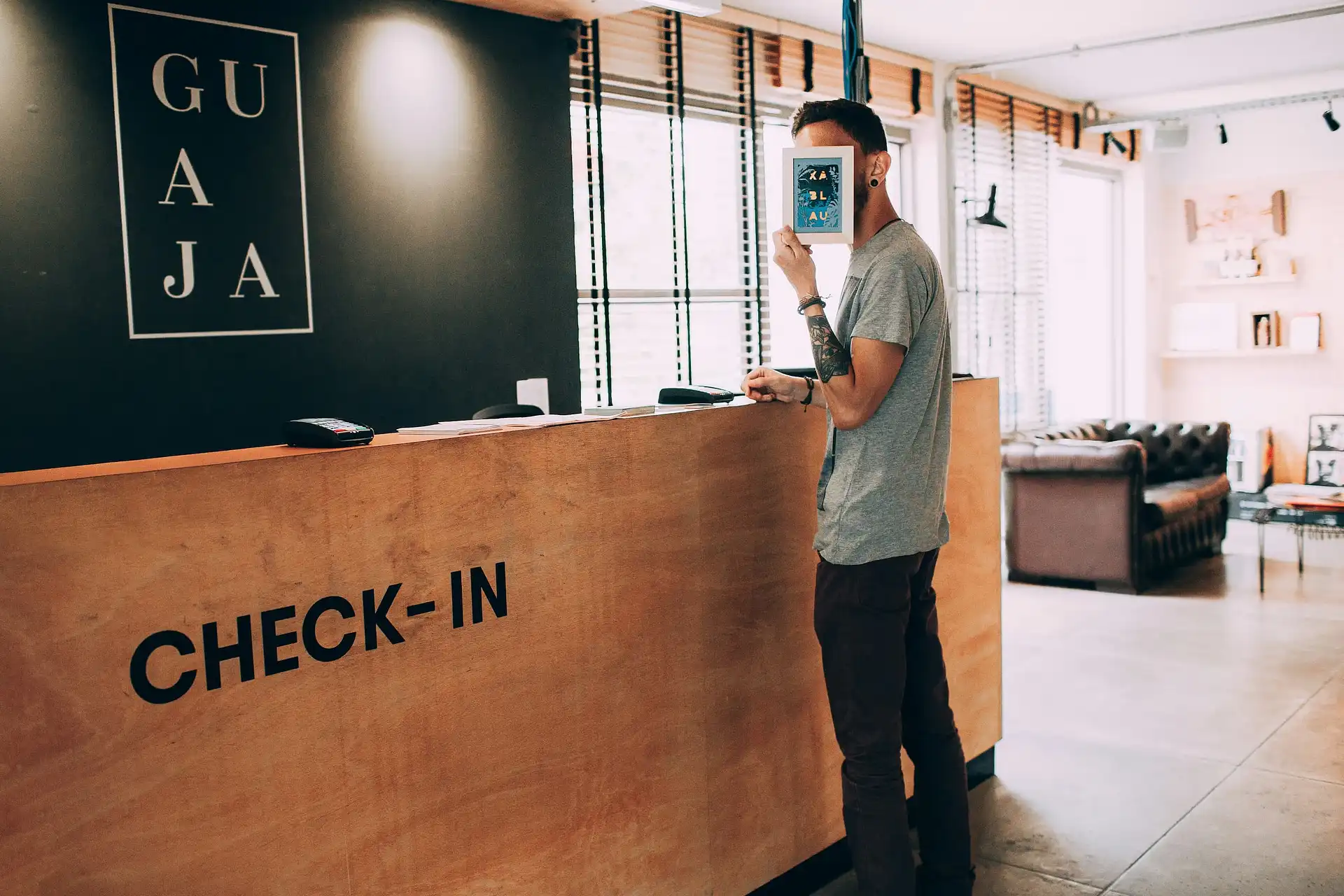Hotel marketing helps the right guests choose your property and book directly.
In this guide, we’ll show you how to apply the basics on your website and Google Business Profile, then turn reviews and social into proof that converts, and finally use paid media and guest messaging to keep bookings coming.
1. Clarify Your Positioning, Audience, And Offer
Before you spend money on marketing, you need to know exactly how to describe your hotel and who it’s for. Clear positioning helps guests quickly understand why they should stay with you instead of somewhere else.
Start by asking yourself a few simple questions:
- What type of guests do we want to attract most often (business travelers, couples, families, groups)?
- What makes our hotel different from others nearby (location, design, service, price, amenities)?
- What kind of experience do we want guests to remember (relaxing, convenient, luxurious, local)?
Once you’ve answered these, combine your ideas into a short positioning statement. It should explain who your hotel is for, what makes it special, and why guests should choose it.
Here’s a simple format you can use:
“Our hotel helps [target guests] enjoy [type of experience] because we offer [a unique benefit or feature].”
For example:
“Our hotel helps couples enjoy peaceful weekend getaways because we offer quiet rooms, scenic views, and locally sourced breakfasts.”
Keep your statement short and honest. Use it to guide your website copy, ads, and conversations with guests so everything feels consistent and true to your brand.
Hotel marketing strategy starts with clarity. When the story is simple, channels fall into place.
2. Build A Direct-Booking Website That Converts On Mobile
Your website should make it simple for guests to see what you offer and book a room without confusion or extra steps.
It’s often the first impression people get of your hotel, so it needs to be easy to use, work well on smartphones, and make booking quick and stress-free.
Here’s what to focus on:
- Make booking easy to find: Keep a clear “Book Now” button visible at the top of every page so guests can reserve as soon as they’re ready.
- Use real, welcoming photos: Show your best rooms, the lobby, and nearby attractions. Skip stock photos—they feel generic and less trustworthy.
- Keep menus short and simple: Use clear labels like “Rooms,” “Offers,” “Gallery,” “Location,” and “Contact.” Link each page directly to where guests can learn more or book.
- Be upfront about prices: List taxes, parking, and fees early in the process. Guests appreciate honesty and are less likely to leave for online travel agencies.
- Make checkout quick: Let guests book without creating an account and support payment options like Apple Pay or Google Pay to save time.
- Add signs of trust. Place a few review quotes or star ratings near your “Book Now” button so guests feel confident in their decision.
A simple, clear, and honest website keeps guests on your page and helps you earn more direct bookings throughout the year.
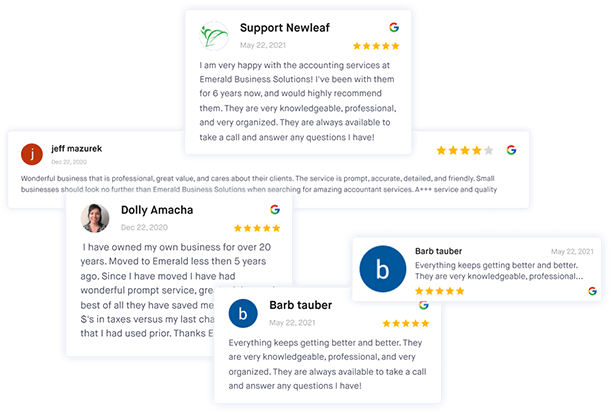
Manage your hotel's online reviews with ease
Monitor, manage, and get more online reviews for your hotel with ReviewsOnMyWebsite.
3. Optimize Your Google Business Profile
Google Business Profile (GBP) is your free listing that appears in Google Maps and the Search Engine Results Page (SERP) for local queries like “boutique hotel near me.”
Keeping your profile complete and active helps your hotel show up more often when travelers search in your area and makes it easier for them to trust your business before they even visit your website.
Here’s how to do it:
- Choose the right categories and attributes: Select “Hotel” plus relevant sub-types, then add amenities like free Wi-Fi, parking, or pet-friendly to match search filters.
- Treat photos as a conversion asset: Upload professional shots for rooms and common areas, then add guest-generated images that show real experiences.
- Seed and maintain Q&A: Add common questions about parking, breakfast hours, and check-in, then answer from the owner account so accurate details stay on top.
- Publish weekly posts: Announce a package or event and link to an offer page, using UTM parameters to measure clicks and bookings.
4. Turn Reviews Into A Powerful Booking Engine
Online reviews are one of the most important factors guests consider before booking a hotel.
According to our State of Online Reviews report, 92.5% of buyers read online reviews in the past year, and 1 in 5 always check reviews before making a purchase.
Even more telling: more than 78% of consumers won’t consider a business with less than a four-star rating. For hotels, that means reviews directly impact both trust and revenue.
When handled well, reviews do more than boost credibility. They can improve search visibility, lift conversion rates, and create a steady flow of new bookings.
Let’s look at how to manage, collect, and showcase them effectively.
Manage Reviews With Speed And Care
Managing reviews means keeping an eye on every new comment and responding quickly.
Guests expect acknowledgment: 70% of consumers say they want a reply within one to three days.
Even a short “thank you” shows you care and pay attention.
Here are a few tips for managing reviews effectively:
Check Reviews Daily
Make it a habit to log into Google, TripAdvisor, and other major platforms at least once a day to see what guests are saying.
Responding quickly shows you care and allows you to address issues before they spread.
If you manage multiple properties or simply don’t have time to check every platform manually, a review management tool like ReviewsOnMyWebsite can bring all guest feedback into one dashboard, making it easier to stay organized and never miss a comment.
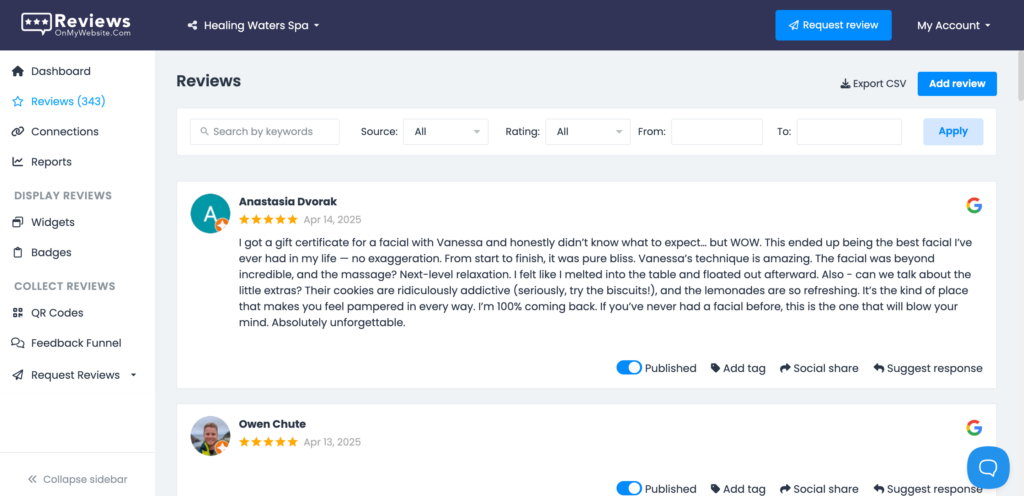
Respond Thoughtfully
Every review deserves a response, whether it’s positive or negative. Thank guests who leave good feedback and mention specific details they appreciated.
When facing criticism, stay calm and professional. Avoid defensive language and instead focus on what you’re doing to make things better.
A respectful, solution-oriented tone shows future guests that you take service seriously.
Use Technology To Stay Consistent
If you receive a high volume of reviews, responding to each one manually can become overwhelming. That’s where automation tools help.
ReviewsOnMyWebsite’s AI response feature can draft polite, on-brand replies in seconds while still sounding human.
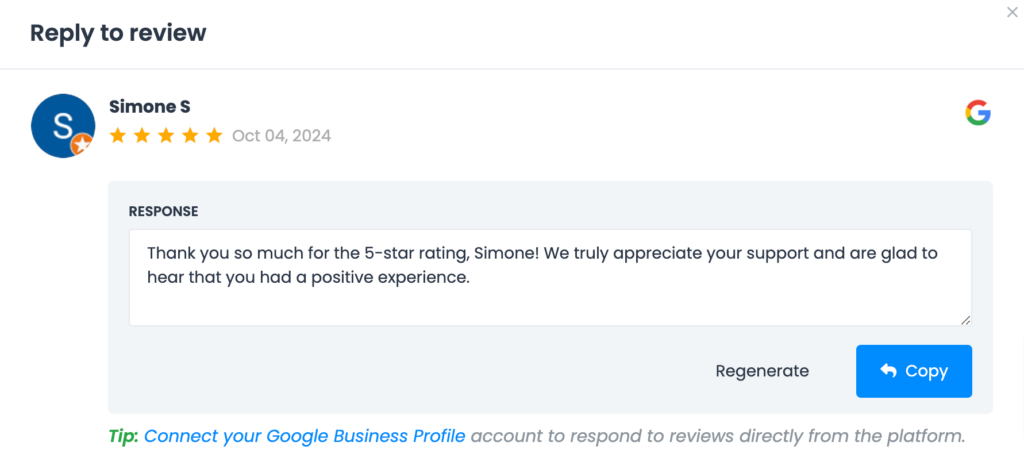
You can then review, edit, and approve them—saving time while maintaining a consistent, professional voice across every platform.
Responding regularly shows guests (and Google) that your business is active, trustworthy, and customer-focused.
Get More Reviews From Happy Guests
The more recent, high-quality reviews you have, the stronger your reputation and visibility become.
But guests often forget to leave them, even after a great stay. In our research, 52% of businesses said customer forgetfulness is their biggest obstacle to getting reviews.
Here’s how to make it easier for guests to share feedback:
- Ask at the right time: Send review requests shortly after checkout, when the experience is still fresh.
- Keep it simple: Provide a direct link to your Google review page so guests can post in just one or two clicks. You can use our free Google review link generator tool to make this as easy as possible.
- Automate follow-ups: Gently remind guests to leave a review by using ReviewsOnMyWebsite to set up automated email and SMS review sequences.
- Train your staff: Encourage front-desk or concierge teams to mention reviews when guests compliment their stay—personal requests feel more genuine.
Collecting reviews regularly keeps your profile active, helps you reach the next star rating, and builds trust with future guests.
Showcase Reviews Where Guests Decide
Reviews shouldn’t live only on third-party sites. Featuring them on your website and social media turns real guest feedback into powerful marketing.
Here are a few ways you can showcase reviews:
Add Reviews to Key Pages
Don’t hide your best reviews on third-party sites. Place them right where guests make booking decisions—on your homepage, room pages, and near the “Book Now” button.
Using a tool like our review widget makes this easy. It automatically pulls in your top reviews, helping visitors feel confident before they make a reservation.
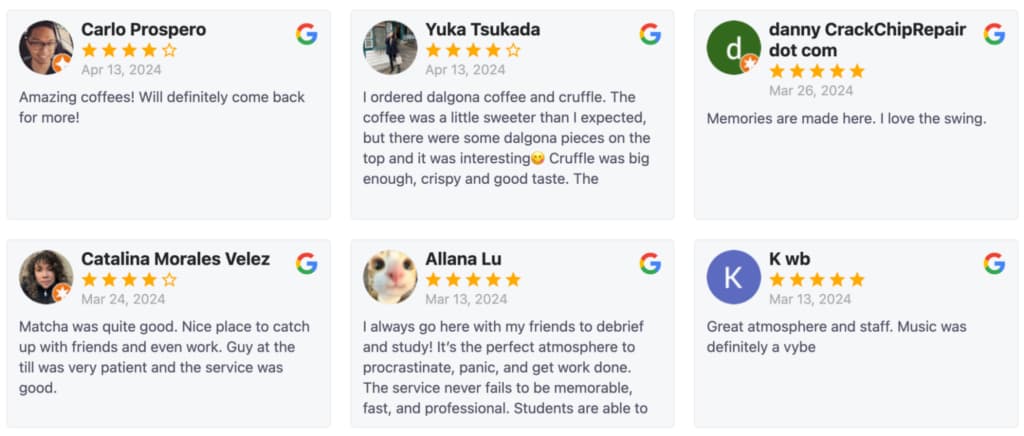
Share Standout Reviews on Social Media
Social media isn’t just for pretty photos—it’s also a place to share what guests love about you.
Use ReviewsOnMyWebsite’s social sharing feature to turn your reviews into engaging social media images. And then share them on your social profiles.
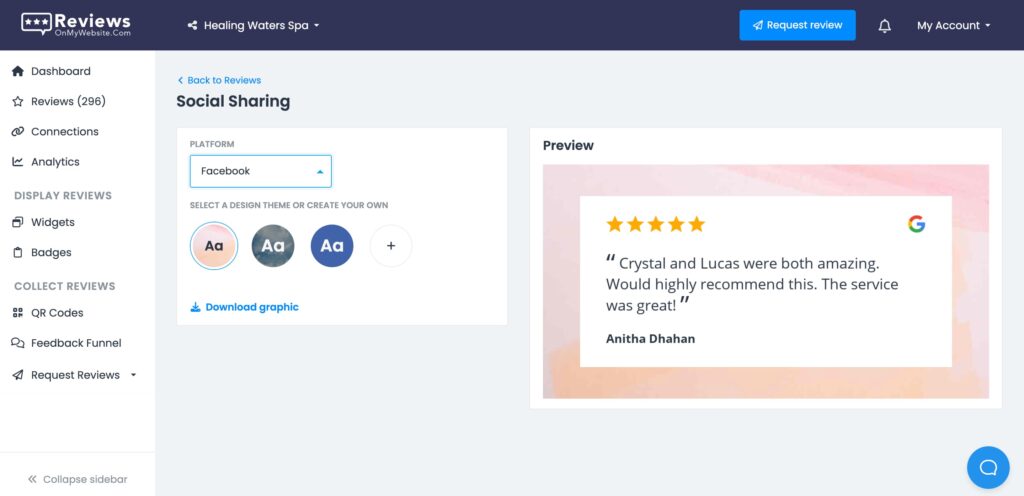
Use Reviews in Emails and Ads
Your marketing emails and ads are more believable when they include real guest feedback.
Add short review quotes or star ratings beside your offers to give them credibility. When people see that others had a great experience, they’re more likely to click and book—especially if the message leads directly to a package or special deal.

Manage your hotel's online reviews with ease
Monitor, manage, and get more online reviews for your hotel with ReviewsOnMyWebsite.
5. Create Content That Helps Guests Plan Their Trip
Good content answers the same questions guests ask while deciding where to stay. When you help them plan their trip, you also show why your hotel is the best choice.
Here are some simple types of content that work well:
- Neighborhood guides: Write about what guests can do near your hotel—restaurants, local shops, beaches, hiking spots, or events. Add details like parking tips or walking distances, and link to your rooms or packages.
- Seasonal ideas: Create posts around things happening during the year, such as summer festivals, winter markets, or local holidays. Mention how your hotel fits into those experiences.
- Room and package pages: Keep your photos fresh and add short descriptions like “Best for families” or “Perfect for weekend getaways.” This helps guests choose faster.
- Behind-the-scenes posts: Share photos or short videos of your staff, breakfast setup, or how you prepare rooms for guests. It builds trust and personality.
- Guest photos and stories: Ask happy guests for permission to reuse their pictures on your website or social media. Real experiences feel more believable than ads.
When your content is useful and honest, people stay longer on your website and are more likely to book directly.
6. Use Social Media To Show What Staying With You Feels Like
Social media works best when you post regularly and focus on real experiences. Guests want to see what it’s like to stay at your hotel, not just polished ads or discounts.
Here are some easy ways to make social media help your bookings:
- Show real moments: Post short videos of the sunrise from your terrace, breakfast being served, or your staff greeting guests. These small moments help people imagine being there.
- Post about what’s happening now: Share updates about local events, weather, or seasonal offers to remind people it’s a good time to visit.
- Keep it simple and steady: Aim for a few good posts each week instead of trying to be everywhere. Consistency matters more than perfection.
- Use links wisely: Make sure the link in your bio leads to your booking page or a current offer—not just your homepage.
- Watch what works: Pay attention to posts that get the most saves, shares, or website clicks. Do more of those and less of what doesn’t lead to bookings.
Regular, authentic posts help travelers connect with your hotel before they arrive and make it easier for them to choose you when they’re ready to book.
8. Use Paid Ads To Reach More Travelers
Paid ads can help you reach people who are already searching for a place to stay in your area.
They also make sure your hotel—not an online travel agency (OTA)—shows up first when someone searches for your name. OTAs are websites like Booking.com or Expedia that take a commission on each booking.
Here’s how to make paid ads work for you:
- Start with your name. Run a small Google Search campaign for your hotel name. This ensures your official website appears above OTAs in search results when people look for you directly.
- Show your best photos. If you use Google’s Display or Video ads, feature real images of your rooms, lobby, pool, or breakfast area. Guests want to see what staying with you actually looks like.
- Focus on nearby travelers. Choose search keywords that include your city or neighborhood, like “hotel near downtown Denver” or “family hotel in Austin.” These guests are usually ready to book soon.
- Remind past visitors. Use remarketing—ads shown to people who already visited your website but didn’t finish booking. It helps bring them back to complete their reservation.
Paid ads work best when they support your other marketing efforts—like strong reviews, a clear website, and good visibility on Google Maps—not replace them.
9. Package Experiences Guests Actually Want
Experiences increase the value of a stay and can help you earn more per booking.
When you bundle things travelers already plan to do (like a dinner, museum tickets, or a sunset cruise), you make the choice easier and reduce price comparison with other hotels.
Work with local partners to create special perks or add-ons, and share these packages mainly with your email list or loyalty members.
Keeping them private helps you offer better deals without breaking price agreements with online travel agencies. Tie your packages to local events, weather, or school holidays, and limit them to certain stay lengths if needed.
Here are a few tips that can help:
- Start with a simple inclusion: Add late checkout or breakfast credits for weekend couples, then test extras like parking or spa access for business travelers.
- Connect packages to content: Write a short local guide—like “48 Hours in Our City”—and link it to a matching package to turn readers into guests.
- Track results: Watch how many people book each package and how much revenue they bring. Keep what works, and replace what doesn’t.
- Update seasonally: Change inclusions with the weather or events so your offers always feel new.
Thoughtful packaging makes direct booking the obvious choice for many trip types.
10. Luxury And Boutique Playbook: Storytelling, Creators, And Press-Worthy Moments
Premium guests buy the story, not a list of amenities. Storytelling, art direction, and small, authentic moments help high-end properties stand out in crowded markets.
Write a short brand narrative that connects place, design, and service philosophy.
Commission a consistent photo set that matches the mood—lighting, color, and framing—and reuse it everywhere. Collaborate with creators who align with your aesthetic, and plan a few “press-worthy moments,” like an artist-in-residence or a seasonal dinner, that local media will cover.
Here’s how to do it effectively:
- Create a visual system: Maintain a shared library of approved images and clips so every ad, page, and post looks like it comes from the same place.
- Publish editorial content: Longer reads about design choices or chef sourcing deepen the emotional connection and improve organic discovery.
- Tie stories to bookings: End content with a soft path to relevant rooms or packages so inspiration turns into action.
- Maintain scarcity honestly: Use real availability signals for suites or special events to encourage timely decisions.
When the brand feels cohesive and human, rate becomes only one part of the decision.

Manage your hotel's online reviews with ease
Monitor, manage, and get more online reviews for your hotel with ReviewsOnMyWebsite.
11. Automate Conversations With AI Without Losing The Human Touch
Artificial intelligence (AI) can reduce response times and prevent abandonment when implemented with clear guardrails.
Set boundaries for pricing and availability, and define when a staff member should take over.
Start with a library of frequently asked questions and policy answers, then train your assistant on tone and escalation rules.
Track first-response time, resolution time, and assisted conversions so the tool is accountable to outcomes. Connect the assistant to your review-response workflow so quality improves across channels.
Here’s how to do it effectively:
- Scope what AI should and should not do: Allow it to answer hours, amenities, and directions while routing complex billing or medical requests to staff.
- Keep a human in the loop: Provide a one-click handoff to a front desk or reservations agent during business hours.
- Measure impact: Watch response speed and booking engine visits from chat transcripts to verify real contribution.
- Maintain voice and empathy: Use templates that thank guests, reflect their concern, and offer a practical next step.
Use automation to make guests feel helped faster, not sidelined.
Frequently Asked Questions About Hotel Marketing
What Is Hotel Marketing?
Hotel marketing is the practice of attracting the right guests and turning consideration into bookings using channels like search, social, email, and partnerships.
It connects your property’s positioning with guest segments, seasonal demand, and offers that make direct booking the easy choice.
Strong hotel marketing also includes measuring cost per booking and maintaining rate parity so campaigns stay profitable. When these pieces work together, you fill rooms more consistently at better margins.
How To Improve Hotel Marketing?
Start by clarifying who your best guests are and what value they want from a stay, then map offers to those segments. Fix mobile usability on your direct-booking site and complete your Google Business Profile so local discovery and trust increase.
Build a simple review engine, automate post-stay requests, and respond quickly. Add lifecycle email and remarketing, and review cost per booking weekly so you scale what works.
What Are The Best Practices For Hotel Marketing?
Protect direct value with fenced perks, transparent pricing, and strong on-site reviews that reduce hesitation near the “Book” button.
Keep Local SEO current, publish helpful trip-planning content, and run paid campaigns to capture brand and high-intent search while capping frequency.
Track meaningful metrics like cost per booking, assisted conversions, and direct share so you know which levers to pull each month. If your team is small, start with a weekly checklist for Google Business Profile, reviews, and one offer update so progress is consistent.
How To Create A Marketing Plan For A Hotel?
Write a one-page plan that lists your segments, positioning, seasonal drivers, channel mix, and testing roadmap, then set monthly targets for occupancy and direct share.
Assign owners for each channel and document the weekly tasks they will complete so responsibilities are clear.
Allocate a modest budget for brand search, remarketing, and seasonal content shoots. Review results monthly with revenue management and adjust based on pace and pickup.
How To Leverage Social Media For Hotel Marketing?
Design content that people save and share—short vertical videos for discovery, carousels for itineraries, and stories for timely offers.
Reuse five-star quotes and guest photos, with permission, to add credibility, then link posts to specific package pages for a clear next step.
Keep Building Your Hotel Marketing System Week by Week
Strong hotel marketing doesn’t happen overnight—it’s built by doing small, consistent actions that help guests discover, trust, and book your property.
Focus on the basics first: keep your Google Business Profile active, collect new reviews, and make sure your website is simple and mobile-friendly. Then layer in content, social posts, and small paid campaigns as you grow more confident.
Every improvement you make compounds over time. The more visible, trustworthy, and easy to book your hotel becomes, the more direct bookings you’ll win.
Stay consistent, review your results each month, and keep refining what works. That’s how lasting success in hotel marketing is built.
